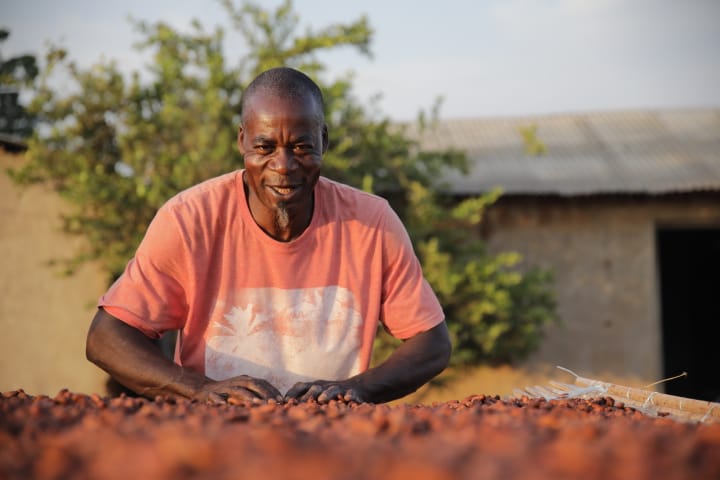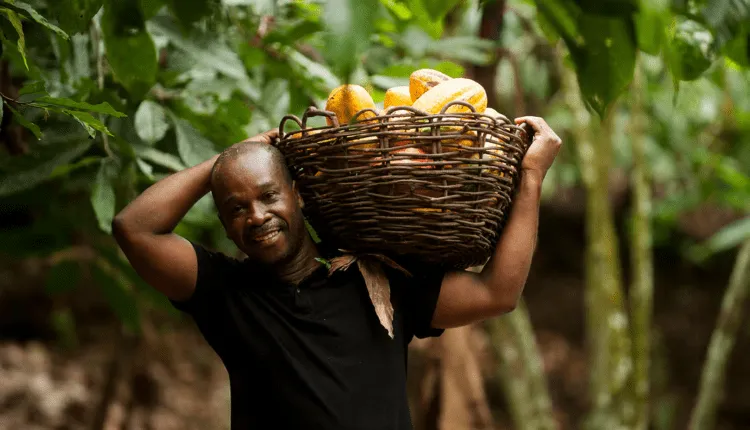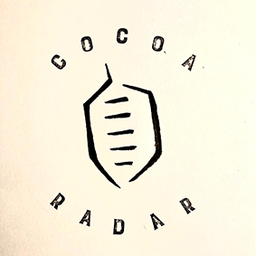Their goal: to create a level playing field for farming communities facing the twin pressures of climate change and volatile global markets.
The message is clear: ethical and sustainable sourcing is no longer optional, it’s expected. According to new data from Kantar, 55% of UK consumers believe companies must ensure fair practices, while 81% say businesses need to step up.
Meanwhile, 59% back mandatory Human Rights and Environmental Due Diligence (HREDD).
'Do It Fair' Campaign
The push coincides with Fairtrade Fortnight 2025, which commenced on Monday and runs until 5 October, and the launch of the “Do It Fair” campaign that urges businesses, policymakers, and consumers to back producers through Fairtrade’s minimum price guarantee, premium payments, and rigorous sustainability standards.

In an exclusive interview with cocoaradar.com earlier this year, Eleanor Harrison, the new CEO of the Fairtrade Foundation, described the Fortnight as a “key marketing peak” and a vital moment to remind the public that ethical sourcing is an actionable choice.
With 84% of UK consumers recognising and trusting the Fairtrade mark, Harrison sees this as both an opportunity and a responsibility. "Consumers want to do the right thing. Our job is to make it easy and impactful for them,” she said.
Cocoa at the Core
For cocoa in particular, the stakes are high. Climate change, declining yields, and quality challenges are squeezing farmers in West Africa and beyond. The coalition’s call to increase Fairtrade cocoa sales highlights the sector’s vulnerability and the urgent need for shared responsibility across the supply chain.
Bryan Martins, CEO, Ecotone UK (Clipper), warned of persistent poverty among producers:
“Only one in five Kenyan tea workers report earning enough to support their families. Clipper alone cannot solve this issue—there needs to be an industry-wide effort to deliver transformative change.”
Ruth Cranston, Director of Sustainability, Sainsbury’s, underlined the importance of long-term sourcing commitments:
“Earlier this year, we converted all of our ‘by Sainsbury’s’ classic tea to Fairtrade, ensuring an additional £1 million annually in Fairtrade premium for producers.”
Shirine Khoury-Haq, CEO, Co-op Group, stressed that cocoa farmers face the direct consequences of climate change:
“Our collective commitment to Fairtrade is essential to ensure the future of food and drink is secure for generations to come—and most importantly, that producers are treated with the respect they deserve and paid fairly.”
The Numbers Behind Fairtrade
The Fairtrade Foundation’s 2024 Annual Report shows steady UK retail sales and a total of £28 million generated in Fairtrade Premiums - funding schools, healthcare, and climate initiatives in farming communities worldwide.
Commodity highlights include:
- Coffee sales up 5% (driven by supermarkets)
- Tea sales up 2%
- Banana sales up 1%
- Juice, sugar, and wine up 8%, 3%, and 4% respectively
These increases signal growing consumer demand for ethically sourced products, which Fairtrade and its partners aim to amplify through coordinated business and consumer action.
Why This Matters for CocoaRadar Readers
For the cocoa sector, this united call from UK retailers and brands underscores a market reality: sustainability, traceability, and fairness are now competitive imperatives, not differentiators. As the EU’s deforestation regulation (EUDR) approaches its December 2025 implementation, alignment with credible certification schemes like Fairtrade may prove a vital strategy for companies balancing compliance, consumer trust, and long-term supply resilience.


